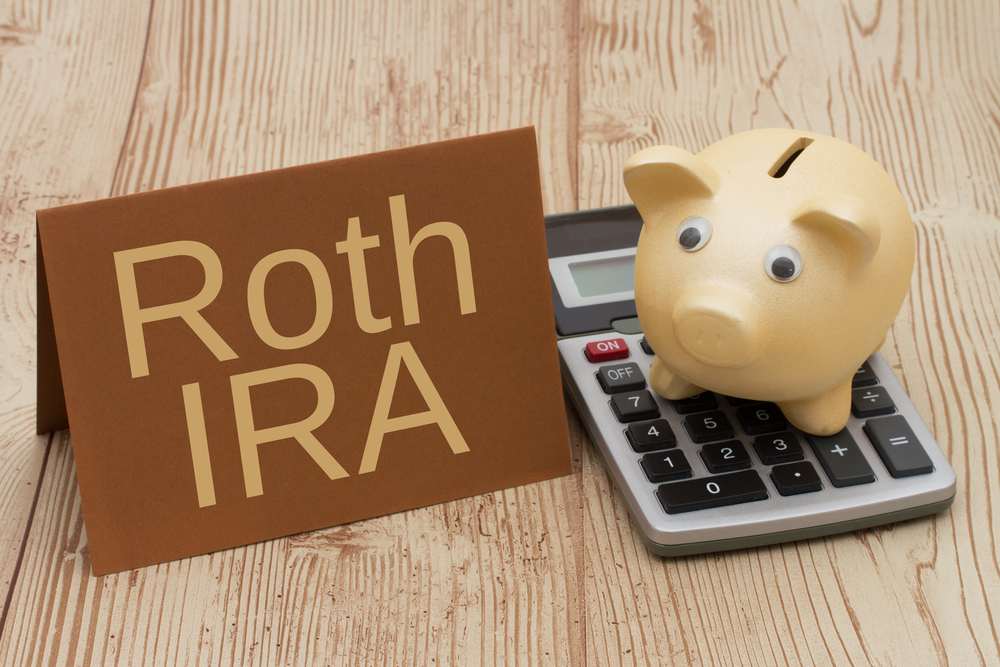Search
Archives
Categories
Recent Posts
Important IRS Update: Significant Interest Penalty Increase for Tax Underpayments
The Internal Revenue Service (IRS) has recently announced a critical change that could significantly impact taxpayers who underpay their taxes. This update is particularly relevant as we approach the next tax filing season. Previously, the IRS charged a 3% interest penalty on estimated tax underpayments. However, this rate has now been increased to a substantial
Read More
Will Inflation Hurt Stock Returns? Not Necessarily
Investors may wonder whether stock returns will suffer if inflation keeps rising. Here’s some good news: Inflation isn’t necessarily bad news for stocks. A look at equity performance in the past three decades does not show any reliable connection between periods of high (or low) inflation and US stock returns. Since 1993, one-year returns on
Read More
Maximize Your Charitable Impact with These Four Strategies
As the year draws to a close, it’s a perfect opportunity to rethink how you give to charity. This is important for managing how much tax you pay and how much help reaches those in need. Here are four effective strategies: Need Guidance? Reach Out to Us! These strategies are just a starting point. There
Read More
How Does A Roth Avoid Taxes On Your Retirement Income?
Looking ahead to your future retirement coming up with forms of income that are not taxable is very beneficial. If you are withdrawing income that is taxable at that point in time, it could potentially influence your financial stability. One of the easiest ways to avoid taxes on retirement money is to use a Roth account.

Both 401(k) plans and IRA plans can be structured as Roth accounts, and they do not offer any tax deduction on contributions made into the account, but will allow you to take tax free withdrawals after age 59 and a half. A Roth account works like this: at the time that you contribute to it you pay the taxes upfront. This means you don’t owe them at the time of distribution. You may not be able to contribute to a Roth if your income exceeds certain levels such as $214,000 for joint filers.
You may be able to convert your traditional plan to a Roth account at any point in time. Bear in mind, however, that similar to if you withdrew the money yourself, you would still need to pay income taxes on the amount of the conversion. For more support and understanding how to contribute towards your future retirement accounts, staying on track with your financial goals, and other questions or concerns you might have, set aside time to meet with our financial team to discuss the specifics of your next steps.
Our team is here to help you figure out what savings and retirement looks like and to help you adjust your plan over the years as needed. Whether or not you’re already using a Roth as part of your retirement plan, make sure to speak with us about your portfolio and overall plan.
